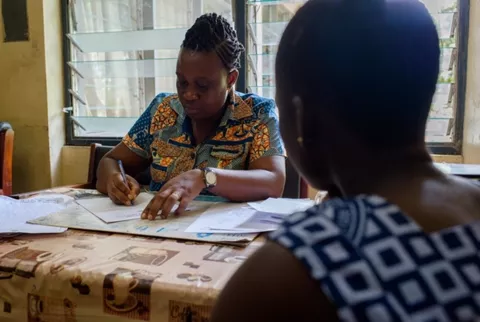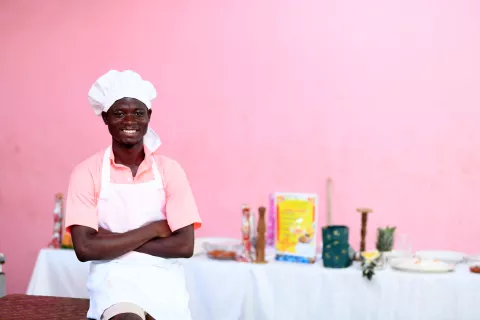Corporal Punishment in Ghana
Legal and Policy Issues

Highlights
Corporal punishment against children is generally defined as the use of physical force as a means of discipline or punishment with the intention of causing a child bodily pain or discomfort, however slight. Corporal punishment includes: spanking, hitting, pinching, squeezing, paddling, whipping/ “whupping,” swatting, smacking, scratching, pulling hair, slapping, washing a child’s mouth with soap, making a child ingest spices or kneel on painful objects, and forcing a child to stand or sit in painful positions for long periods of time. Disciplinary measures that causes pain are considered corporal punishment whether or not they cause physical injury. Disciplinary measures that risk physical injury qualify as physical abuse. Physical abuse includes: punching, beating, kicking, biting, burning, shaking, or otherwise harming a child. Recent research indicts the traditional physical punishment-abuse binary in that most physical abuse occurs during episodes of physical punishment. Most corporal punishment is practiced in schools, by educators and school staff, or in the home, by parents, guardians, and family members.





